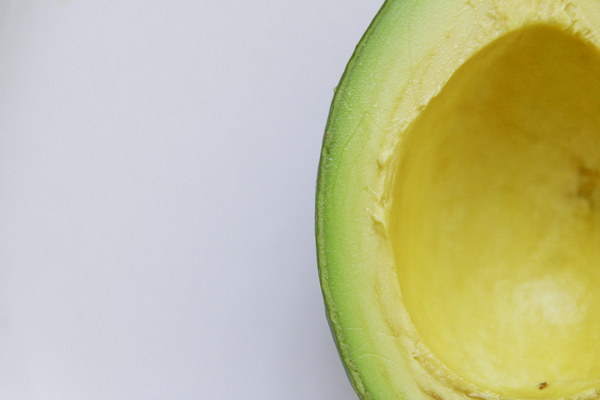The Ultimate Guide to Nourishing Your Kidneys Best Practices for Kidney Weakness
Introduction:
Kidney weakness, also known as kidney deficiency, is a common health issue that affects many people around the world. It refers to a condition where the kidneys are not functioning optimally, leading to various symptoms such as fatigue, weakness, and reduced libido. In this article, we will discuss the best practices for nourishing your kidneys and improving kidney health.
1. Maintain a Balanced Diet:
A well-balanced diet is crucial for kidney health. Incorporate the following foods into your diet:
a. Fruits and Vegetables: Consume a variety of fruits and vegetables, such as berries, leafy greens, and cruciferous vegetables, which are rich in antioxidants and vitamins.
b. Lean Proteins: Include lean proteins such as chicken, turkey, fish, and tofu in your diet. These proteins are easier on the kidneys than high-protein foods like red meat.
c. Whole Grains: Opt for whole grains like brown rice, quinoa, and whole-wheat bread, which provide essential nutrients and fiber.
d. Nuts and Seeds: Almonds, walnuts, chia seeds, and flaxseeds are great sources of healthy fats, protein, and minerals that support kidney function.
2. Stay Hydrated:
Proper hydration is essential for kidney health. Drink plenty of water throughout the day to flush out toxins and maintain kidney function. Aim for at least 8-10 glasses of water daily.
3. Exercise Regularly:
Regular physical activity can improve kidney function and overall health. Engage in moderate-intensity exercises such as walking, cycling, or swimming for at least 30 minutes a day, five days a week.
4. Avoid Harmful Substances:
Limit your intake of caffeine, alcohol, and tobacco products. These substances can put additional stress on your kidneys and worsen kidney weakness.
5. Manage Chronic Conditions:
Chronic conditions like diabetes and hypertension can put extra strain on your kidneys. Work with your healthcare provider to manage these conditions effectively and prevent kidney damage.
6. Practice Stress Reduction Techniques:
Chronic stress can negatively impact kidney health. Incorporate stress-reduction techniques such as meditation, deep breathing exercises, or yoga into your daily routine.
7. Get Adequate Sleep:

Poor sleep quality can lead to kidney damage. Aim for 7-9 hours of quality sleep per night to support kidney health.
8. Seek Professional Advice:
If you suspect kidney weakness, consult a healthcare professional for an accurate diagnosis and personalized treatment plan. They may recommend additional interventions such as herbal remedies, dietary supplements, or lifestyle changes.
Conclusion:
Nourishing your kidneys is essential for maintaining overall health and well-being. By following the best practices outlined in this article, you can help improve kidney function and reduce the risk of kidney-related complications. Remember, a healthy lifestyle is the key to a strong and resilient kidney.









